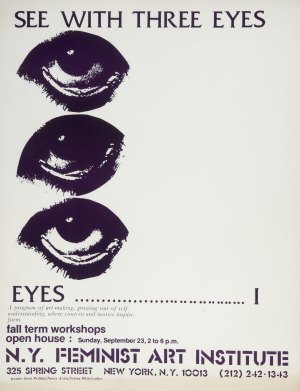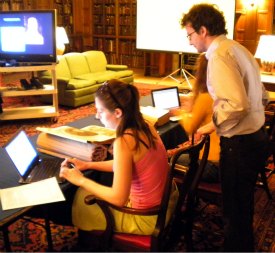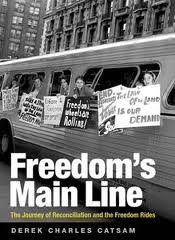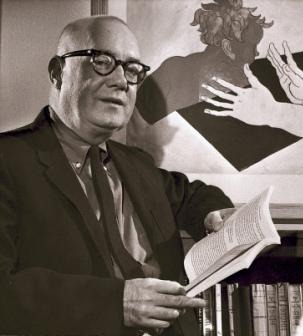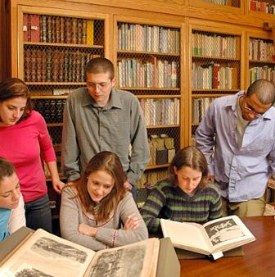 I’m a history Ph.D. candidate, so I knew something about working in archives when I started my internship with Technical Services at Duke’s Rare Book, Manuscript, and Special Collections Library (RBMSCL), but not a lot about processing paper records, never mind electronic ones. However, as I started processing several collections acquired through the Archive for Human Rights, I discovered that electronic files were often just as important to the collection as paper ones. When I started working on the Common Sense Foundation Papers, I faced over 16,000 electronic files in addition to 34 boxes of paper records! A North Carolina think-tank active from 1994 to 2008, the Common Sense Foundation (CSF) worked on initiatives such as the death penalty, testing in public schools, and LGBTQ rights.
I’m a history Ph.D. candidate, so I knew something about working in archives when I started my internship with Technical Services at Duke’s Rare Book, Manuscript, and Special Collections Library (RBMSCL), but not a lot about processing paper records, never mind electronic ones. However, as I started processing several collections acquired through the Archive for Human Rights, I discovered that electronic files were often just as important to the collection as paper ones. When I started working on the Common Sense Foundation Papers, I faced over 16,000 electronic files in addition to 34 boxes of paper records! A North Carolina think-tank active from 1994 to 2008, the Common Sense Foundation (CSF) worked on initiatives such as the death penalty, testing in public schools, and LGBTQ rights.
When I met with Paula Jeannet Mangiafico (Senior Processing Archivist), Seth Shaw (Electronic Records Archivist), and Patrick Stawski (Human Rights Archivist) to discuss the collection, we decided to integrate the electronic and paper files in the finding aid since the content overlapped and the volume was about equal. A researcher interested in the death penalty will thus find both electronic and paper records described in the Criminal Justice Subseries, which contains letters written by incarcerated people, a survey of capital defense lawyers, research on specific death-row inmates, and documents reflecting the daily work that occurred in CSF’s office surrounding this policy initiative.
Just as when working with paper documents, I screened the electronic files for sensitive information, such as personal, financial, and medical records. I then used the original path of the networked drive to describe the electronic files in the finding aid and used both the number of files and the megabyte size to indicate the physical extent. That way, researchers interested in a particular aspect of CSF’s work will know which electronic folders to request from RBMSCL staff, just as they would request a physical box by its number.
The RBMSCL has acquired almost 200 collections with electronic records in the past few years. Hopefully, my work with the CSF Papers will serve as model for processing future collections with strong electronic components.
Post contributed by Liz Shesko, Technical Services Processing Intern.
The Common Sense Foundation Papers are currently being processed. The finding aid will be published and the collection will be available for use in January 2011. For more information, contact the RBMSCL at special-collections(at)duke.edu.
